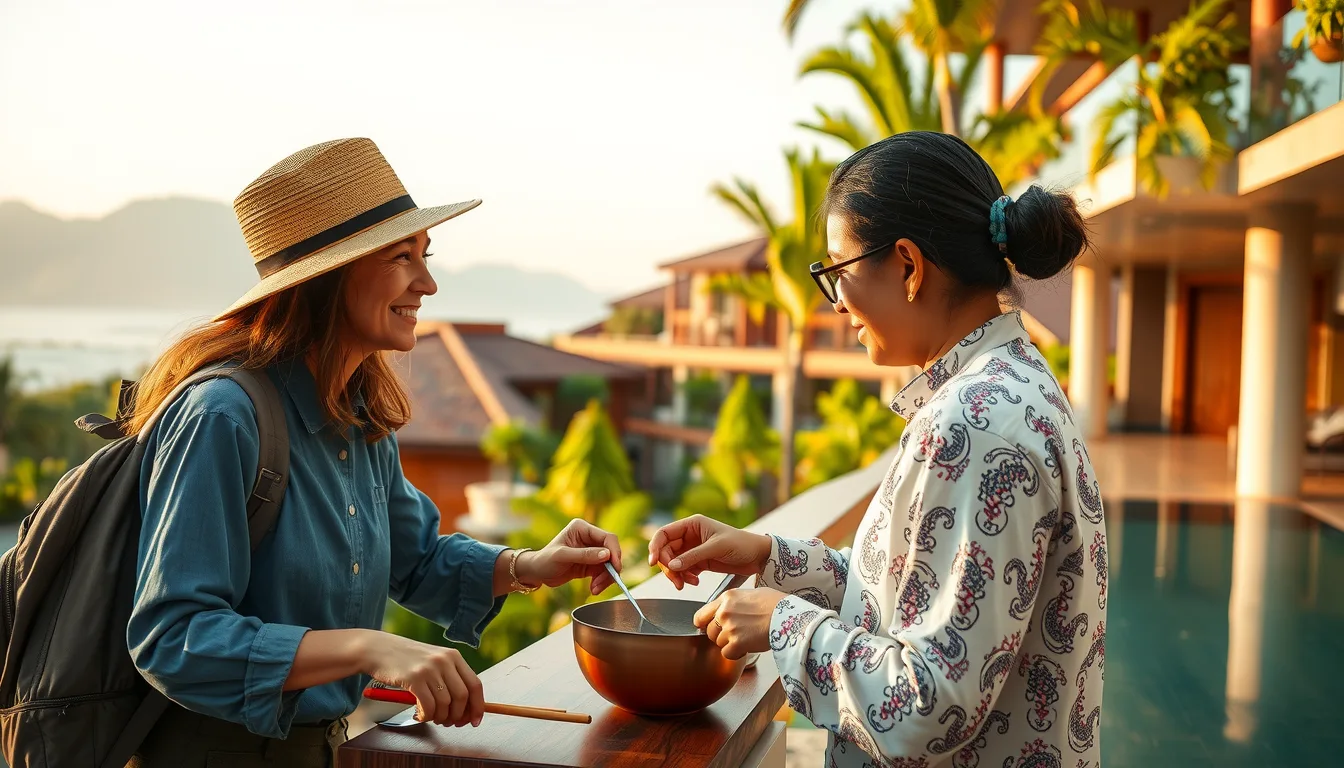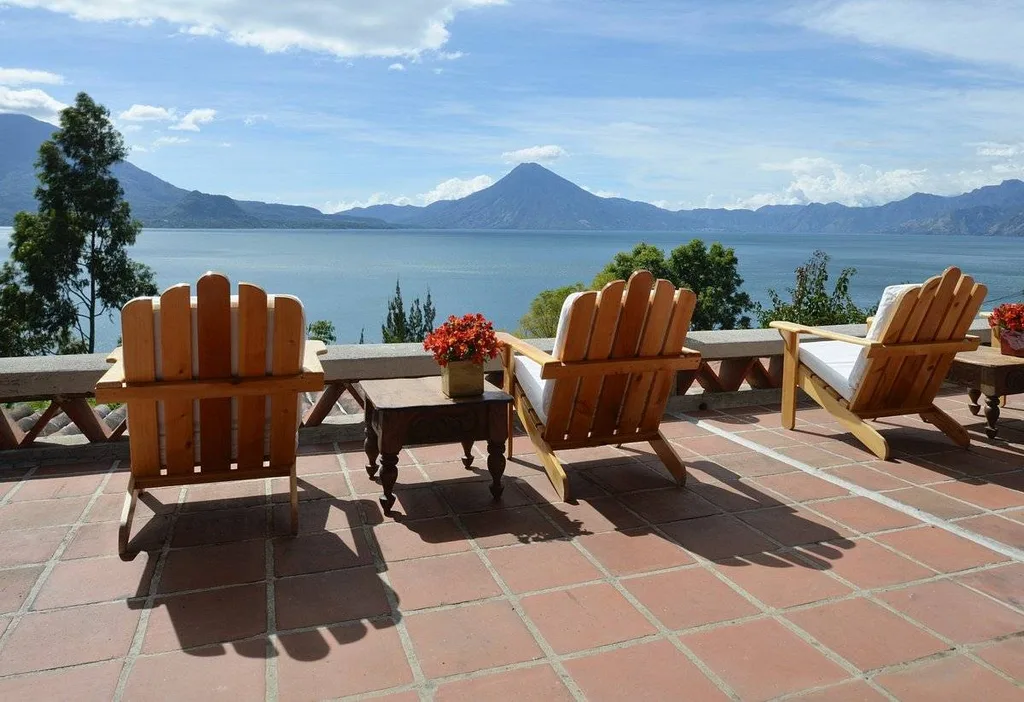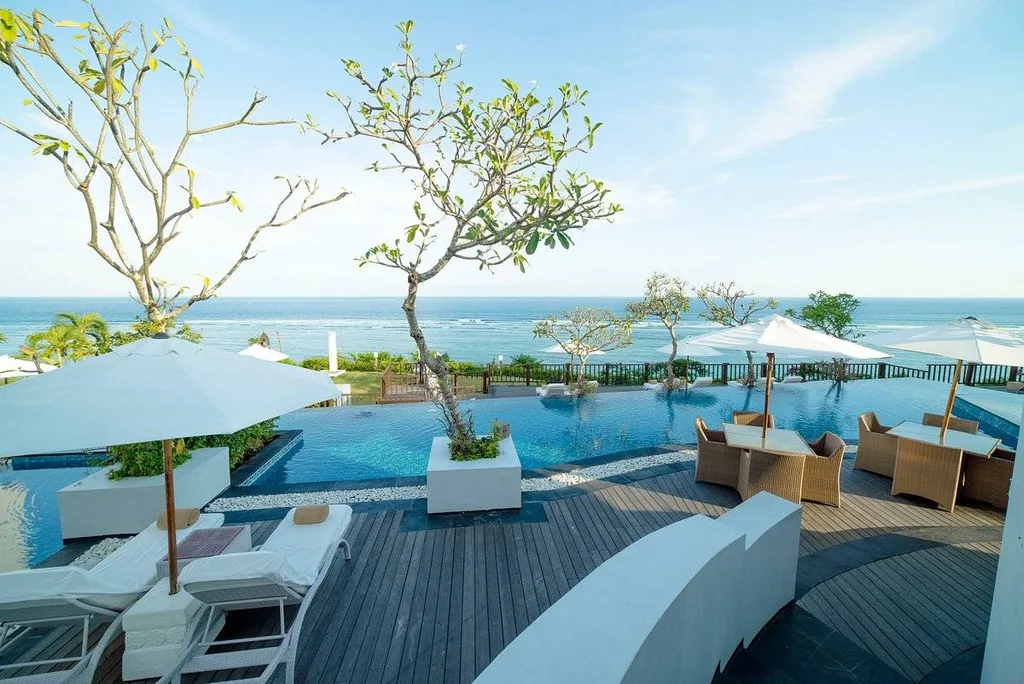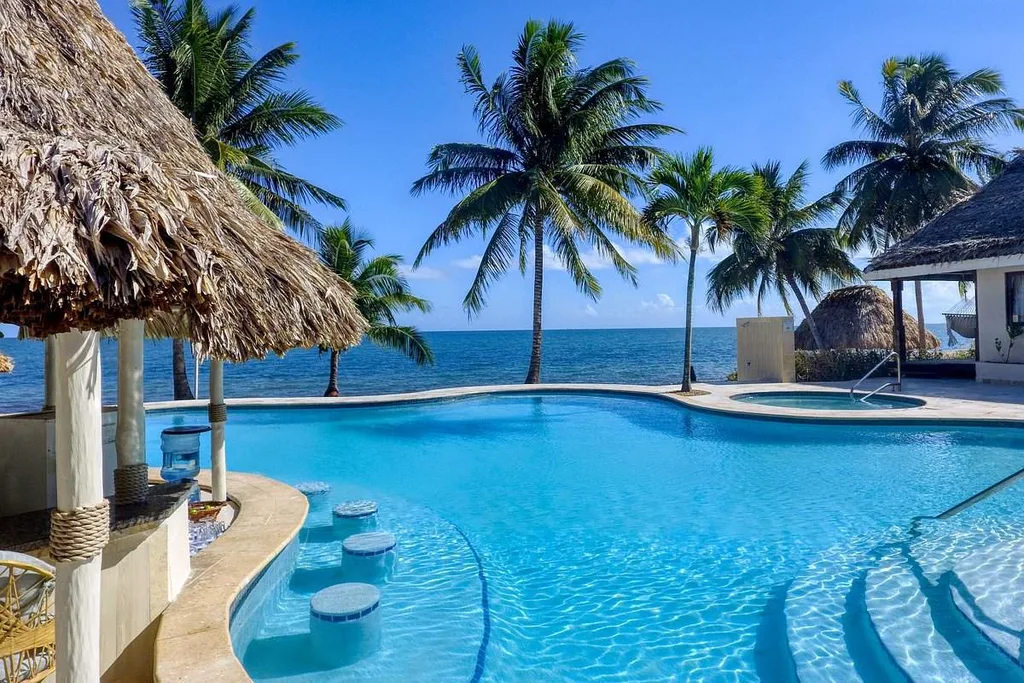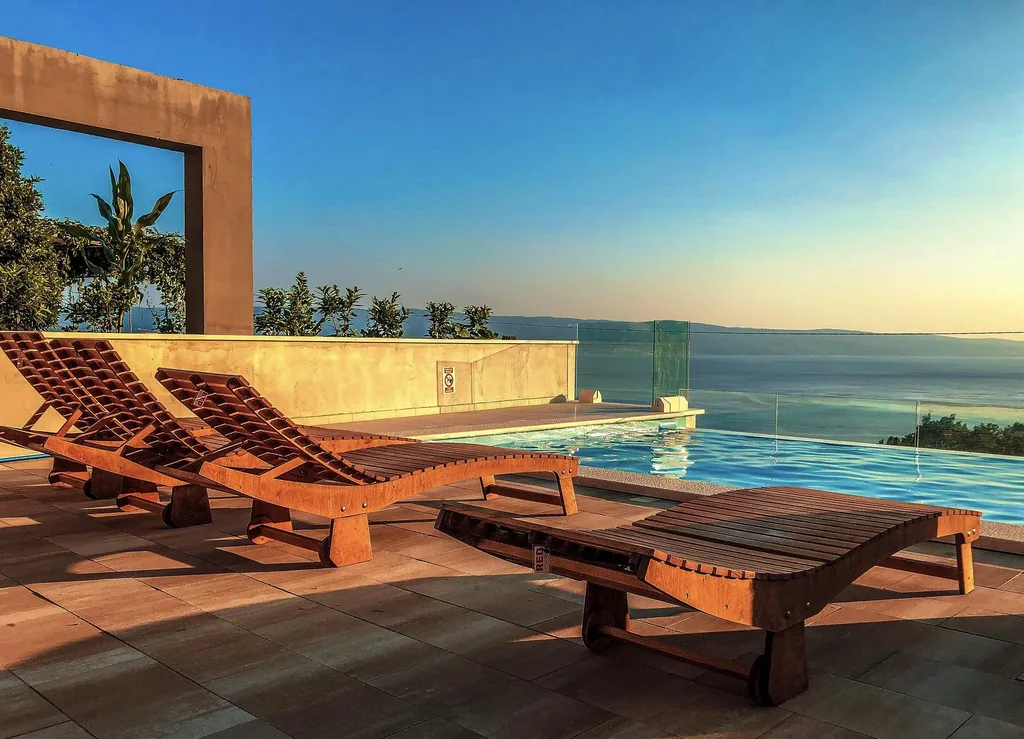Luxury travel often wraps you in comfort—but it rarely reveals the soul of a destination.
To truly connect with a place, you must step beyond the resort gates and into the rhythm of local life.
Authentic travel experiences create emotional resonance, deeper meaning, and unforgettable memories.
Whether you’re tasting street food in Bangkok or shopping handmade textiles in Belize, these moments transform your vacation into cultural immersion.
This guide reveals how to uncover real local experiences through food, festivals, and markets across the globe.
1. Seek Out Local Cuisine and Hidden Culinary Gems
Food is an essential part of local culture and offers an immediate, hands-on way to experience the essence of a destination.
Instead of sticking to resort dining, venture out and explore the culinary landscape.
Local markets, street vendors, and small eateries provide an authentic taste of a region’s history and daily life.
Here’s how to delve deeper into the food culture of some of the world’s most popular travel destinations:
Thailand
Thailand is renowned for its bold, dynamic flavors and its balance of sweet, sour, salty, and spicy.
Cultural Event: Songkran, Thailand’s traditional New Year festival, takes place in April and is marked by water fights, temple visits, and elaborate feasts with family and friends.
Local Cuisine: Thailand’s street food scene is famous worldwide, and for good reason.
Head to the streets of Bangkok and Chiang Mai, such as the famous Chatuchak Market or Sampeng Market, where you can enjoy authentic street food like pad thai, som tam (green papaya salad), khao man gai (chicken rice), and moo ping (grilled pork skewers).
For an immersive culinary experience, visit the Damnoen Saduak Floating Market, located just outside of Bangkok, where you can sample freshly made Thai dishes served right from boats.
Another great experience is taking part in a cooking class in Chiang Mai, where you’ll learn to cook traditional dishes like tom yum goong (spicy shrimp soup) and green curry.
During the class, you’ll also visit a local market to hand-pick ingredients such as lemongrass, kaffir lime, and Thai basil, further deepening your connection with the local food culture.
Indonesia
Indonesia is a group of islands with diverse culinary traditions, shaped by Malay, Chinese, Indian, and indigenous influences.
Cultural Event: The Bali Arts Festival (June to July) is a month-long celebration of Bali’s culture, featuring traditional dance, music, and arts, which provide insight into the island’s rich heritage.
Local Cuisine: In Bali, traditional dishes such as babi guling (suckling pig) and nasi goreng (fried rice) are a must-try.
Visit Ubud Market for fresh tropical fruits like durian, rambutan, and jackfruit, along with local spices such as turmeric and ginger.
For a hands-on food experience, join a Bali cooking class in Ubud, where you’ll not only learn to cook dishes like sate lilit (minced seafood skewers) but also explore the cultural significance behind each ingredient.
Beyond Bali, Yogyakarta and Jakarta offer unique culinary experiences, such as nasi gudeg (jackfruit stew) and soto betawi (Jakarta-style beef soup).
Exploring the street food scene will give you a true taste of the local culture, which is often difficult to replicate in high-end resort dining.
Cambodia
Cambodian cuisine is an exquisite blend of French colonial influences and traditional Southeast Asian flavors, with an emphasis on fresh herbs and spices.
Cultural Event: The Water Festival (Bon Om Touk) is celebrated in November, marking the reversal of the Tonle Sap River, and is marked by exciting boat races, street parades, traditional dances, and fireworks in Phnom Penh.
Local Cuisine: Cambodian dishes like amok (a fish curry cooked in banana leaves) and bai sach chrouk (grilled pork with rice) reflect the region’s use of fresh ingredients like lemongrass, coconut milk, and turmeric.
Visit Psar Thmei Market in Phnom Penh or Old Market in Siem Reap for fresh, authentic food and ingredients.
For a deeper dive into Cambodian culinary traditions, take part in a cooking class in Siem Reap, where you can learn to make traditional Cambodian meals using local ingredients such as lemongrass, ginger, and galangal.
Japan
Japanese cuisine is celebrated for its simplicity, elegance, and seasonality.
Cultural Event: Gion Matsuri (Kyoto) in July is Japan’s most famous festival, celebrated with processions of stunningly decorated floats, traditional performances, and food stalls.
Local Cuisine: In Tokyo, don’t miss a visit to the Tsukiji Fish Market for fresh sushi and sashimi.
Beyond sushi, explore ramen in Osaka, tempura in Kobe, and kaiseki (multi-course meals) in Kyoto.
Izakayas (Japanese pubs) are another great place to experience local food culture, with offerings such as yakitori (grilled chicken skewers), karaage (fried chicken), and tsukemono (pickled vegetables).
In Kyoto, immerse yourself in a traditional tea ceremony to learn the art of preparing matcha tea, a ritual passed down through generations.
Japan’s food culture is deeply tied to respect for nature and seasonality, and exploring local eateries beyond the resort will provide you with a richer and more authentic experience.
Taiwan
Taiwan is a food lover’s paradise, known for its night markets and variety of street foods.
Cultural Event: The Lantern Festival (February or March) is one of Taiwan’s most beautiful festivals, where thousands of colorful lanterns are released into the sky, symbolizing the dispelling of misfortunes and the welcoming of good fortune.
Local Cuisine: Head to Shilin Night Market in Taipei to try Taiwanese street foods such as stinky tofu, bubble tea, and xiao long bao (soup dumplings).
Taipei is also known for beef noodle soup and mango shaved ice, which are the perfect balance of sweetness and freshness.
To fully immerse yourself in Taiwan’s food culture, join a Taiwanese cooking class where you can make traditional dishes and learn about the cultural significance of the ingredients.
Malaysia
Malaysia’s food scene is a beautiful fusion of Malay, Chinese, and Indian flavors.
Cultural Event: Hari Raya Puasa, marking the end of Ramadan, is celebrated across Malaysia with feasts, performances, and ceremonies.
Local Cuisine: Try laksa (spicy noodle soup), nasi lemak (coconut rice with sambal, peanuts, and boiled egg), satay (grilled skewers), and roti canai (flatbread) are signature Malaysian dishes.
Visit Jalan Alor Street in Kuala Lumpur for delicious street food and head to Penang for a food tour that showcases dishes like char kway teow (stir-fried noodles) and asam laksa (tamarind-based noodle soup).
To truly dive deep into Malaysian cuisine, consider joining a cooking class in Penang or Kuala Lumpur, where you’ll explore local markets, sample regional specialties, and cook traditional meals.
Laos
Lao cuisine is characterized by its simplicity and freshness, with an emphasis on herbs, rice, and fresh vegetables.
Cultural Event: Bun Pi Mai (Lao New Year) is celebrated in April with water fights, traditional dances, and cultural performances.
Local Cuisine: Popular dishes include sticky rice (khao niaw), mok pa (fish steamed in banana leaves), and larb (spicy minced meat salad).
In Luang Prabang, the Night Market is a great place to sample local snacks such as khao jee (Lao baguette sandwiches) and khao niaw served with grilled meats.
For a more immersive culinary experience, take a Lao cooking class to learn about the herbs and spices unique to the region and prepare traditional Lao dishes from scratch.
2. Explore Local Markets and Handicrafts
Markets are often the heart of local culture, reflecting the community’s daily life and heritage.
Visiting a local market provides an intimate, behind-the-scenes look at a destination’s culture, food, and craftsmanship.
Here’s a closer look at the markets and handicrafts of various regions:
Madagascar
Madagascar offers a mix of African, Asian, and French influences, reflected in its markets and crafts.
Cultural Event: The Donia Festival (May) in Nosy Be celebrates Malagasy music and dance.
Local Cuisine: Sample romazava (beef stew with greens) and koba (rice cake with peanuts) at the Analakely Market in Antananarivo, where you’ll find local crafts like handwoven baskets, jewelry made from native gemstones, and fabric.
Visit the local markets for tropical fruits such as mangoes, bananas, and lychees, and bring home a piece of the island’s artisanal heritage.
Belize
Belize offers a rich mix of Afro-Caribbean, Mayan, and European cultural influences.
Cultural Event: The Festival of San Pedro (June) on Ambergris Caye features lively parades, local music, and food.
Local Cuisine: Rice and beans, steak tamales, and conch fritters are quintessential Belizean dishes.
The Belize City Farmers’ Market offers fresh produce, spices, and handmade goods.
The San Ignacio Market is the perfect place to find indigenous crafts like pottery, textiles, and jewelry, which showcase the artistic traditions of Belize’s Maya and Garifuna communities.
Panama
Panama’s markets highlight the country’s diversity, with a mix of indigenous crafts, fresh seafood, and tropical fruits.
Cultural Event: Carnaval de Panama (February) is a colorful celebration with parades, music, and dancing.
Local Cuisine: Try ceviche, sancocho (chicken stew), and patacones (fried plantains).
The Mercado de Mariscos in Panama City offers the freshest seafood, while indigenous markets in the San Blas Islands feature molas (intricate textile art) and handwoven baskets that are representative of the region’s indigenous craft traditions.
Mexico (Playa del Carmen, Puerto Vallarta, Tulum, Cozumel, Cabo San Lucas, Cancun)
Mexico’s markets offer a rich variety of goods, from food to artisanal crafts.
Cultural Event: Dia de los Muertos (November) is a beautiful and heartfelt celebration honoring the lives of the deceased.
Local Cuisine: Tacos, enchiladas, and tamales are popular Mexican dishes.
In Playa del Carmen, explore the Fifth Avenue Market for local handicrafts, jewelry, and textiles.
Puerto Vallarta’s Mercado Municipal is perfect for artisan food products like local honey, tequila, and handmade leather goods.
Tulum and Cozumel offer boutique markets featuring locally made beachwear and jewelry.
Unlock Lasting Memories Through Authentic Local Travel
Uncovering authentic experiences is one of the best ways to make your travels more memorable and meaningful.
Whether it’s through food, cultural events, or exploring local markets, each of these experiences brings you closer to the heart of a destination.
Moving beyond the luxury resort and embracing offbeat travel opportunities enables you
to form a deeper connection with the local culture, which transforms your trip from just a vacation to a true cultural immersion.
So, as you explore new destinations, take the time to venture out and experience the essence of each place—whether by tasting street food in Thailand, attending festivals in Belize, or shopping for handcrafted goods in Panama.
These authentic experiences will not only enrich your travel but also create lasting memories that will stay with you long after you leave.
FAQ – Unlock Meaningful Travel Through Authentic Local Experiences
What makes local travel more memorable than staying at a resort?
Local travel unlocks emotional depth and cultural connection that resorts often miss.
By stepping into local life, you create lasting memories rooted in real experiences.
These moments often become the most cherished parts of your journey.How can I find authentic experiences near my resort?
Search for food tours, artisan markets, and cultural festivals in the surrounding area.
Platforms like GetYourGuide and WithLocals streamline discovery and booking.
Ask your resort concierge for vetted local guides who offer immersive experiences.Are local experiences safe for travelers?
Most authentic experiences are designed for tourists and offer guided, secure access.
Reading reviews and choosing daytime activities supports peace of mind.
Local hosts often prioritize safety and hospitality to ensure a positive experience.Can I enjoy luxury while exploring local culture?
Yes—many upscale experiences blend authenticity with comfort.
Private cooking classes, curated market tours, and boutique cultural events offer both.
Luxury and local immersion can coexist beautifully when thoughtfully planned.Why should I prioritize cultural immersion on vacation?
Cultural immersion deepens your understanding of a destination’s soul.
It transforms your trip from sightseeing to meaningful connection.
You return home with stories, insights, and emotional resonance that last a lifetime.
